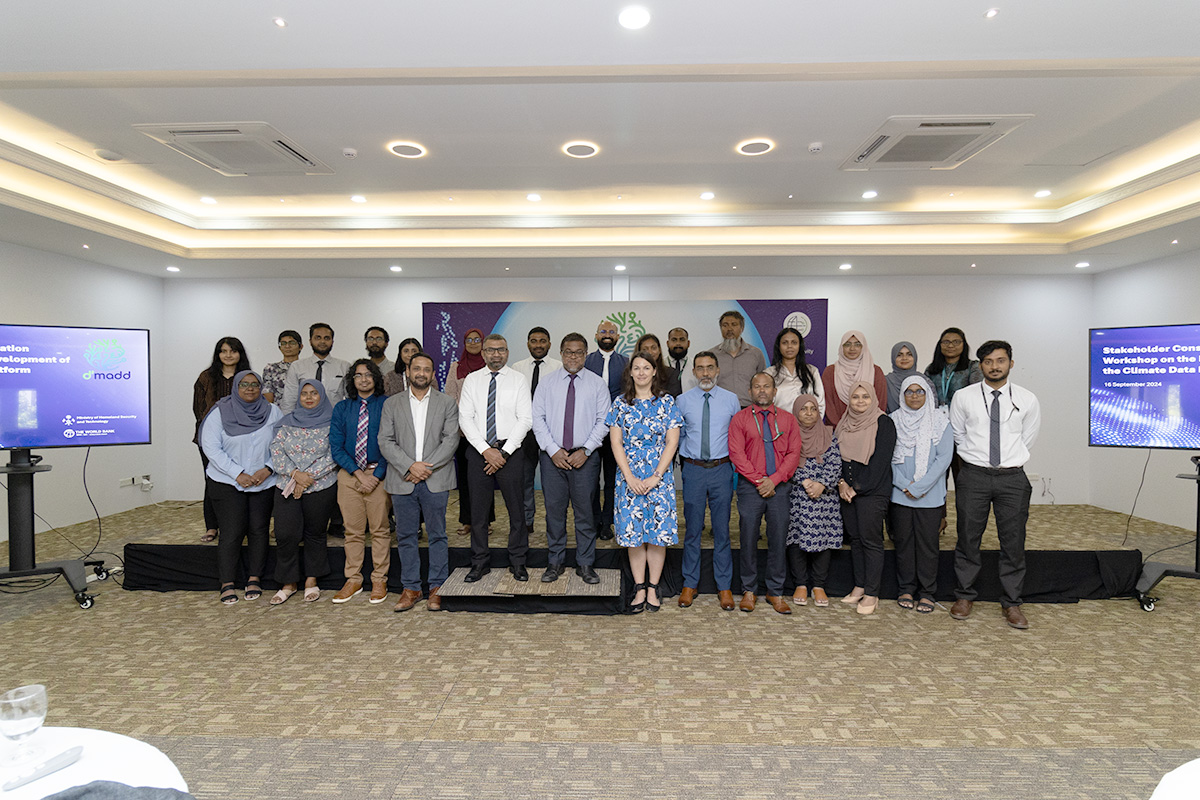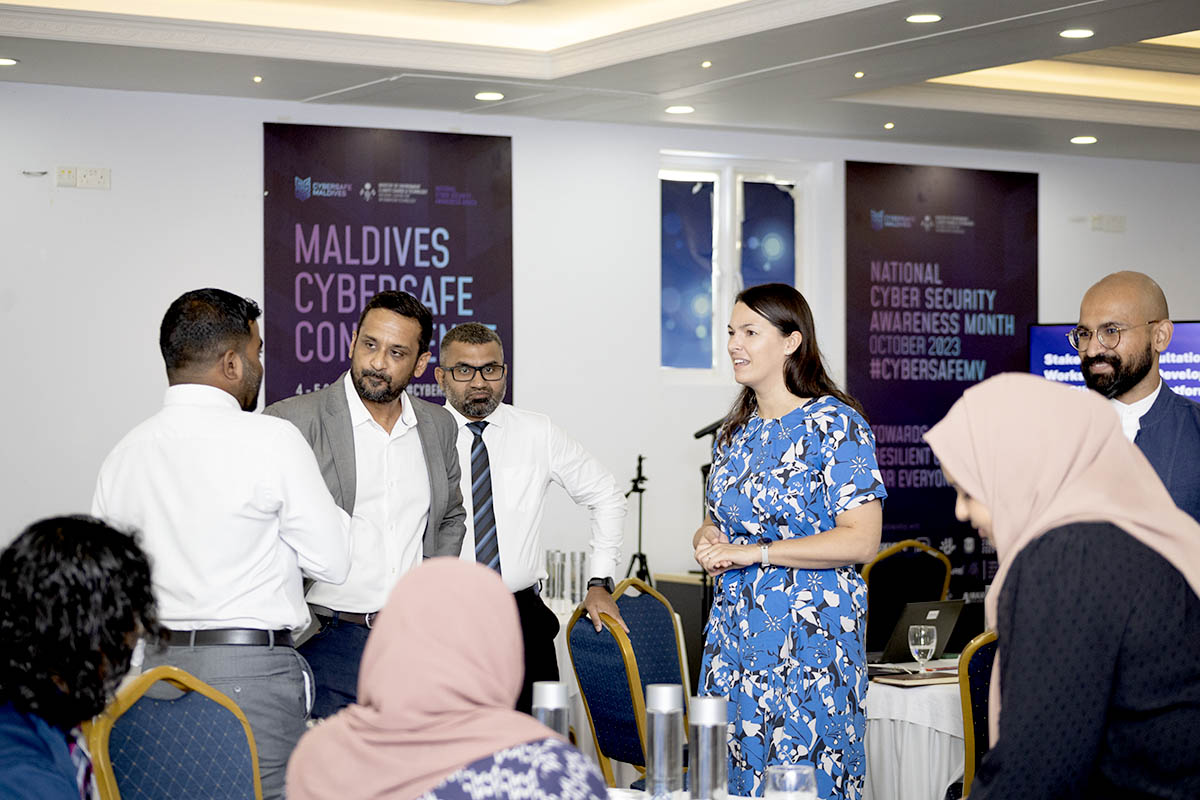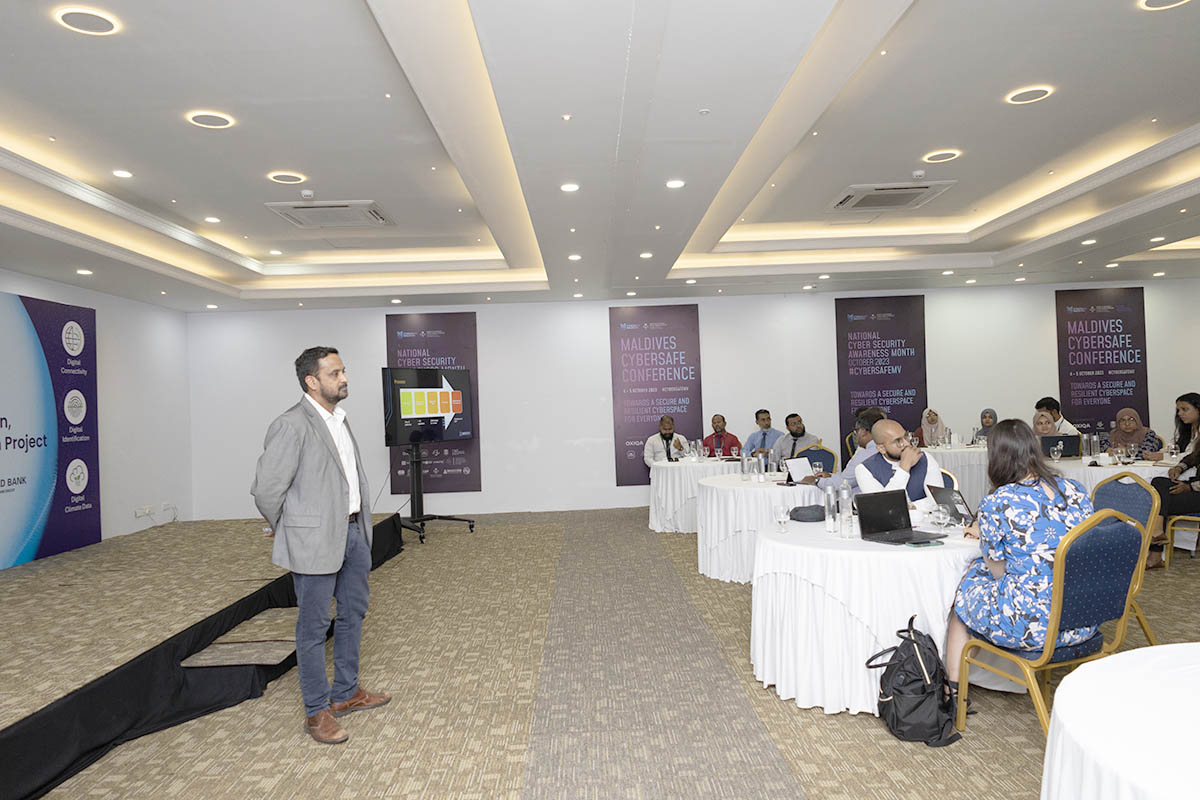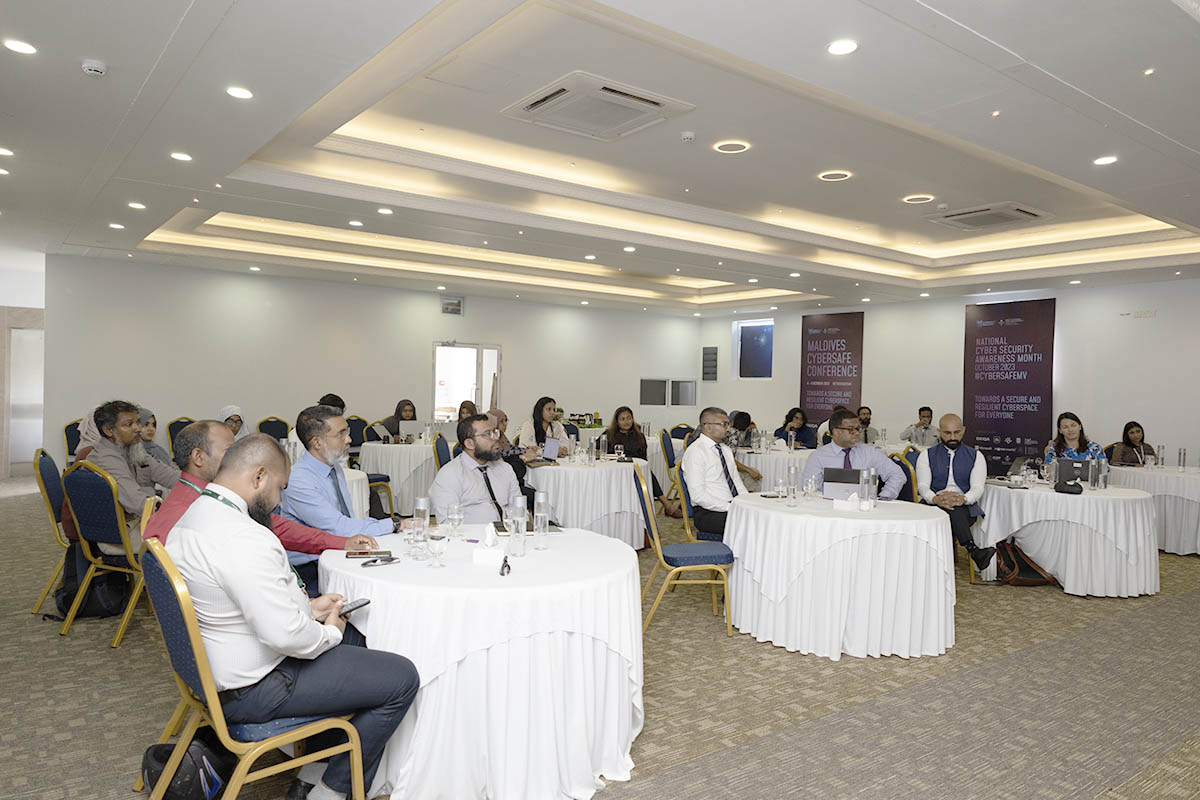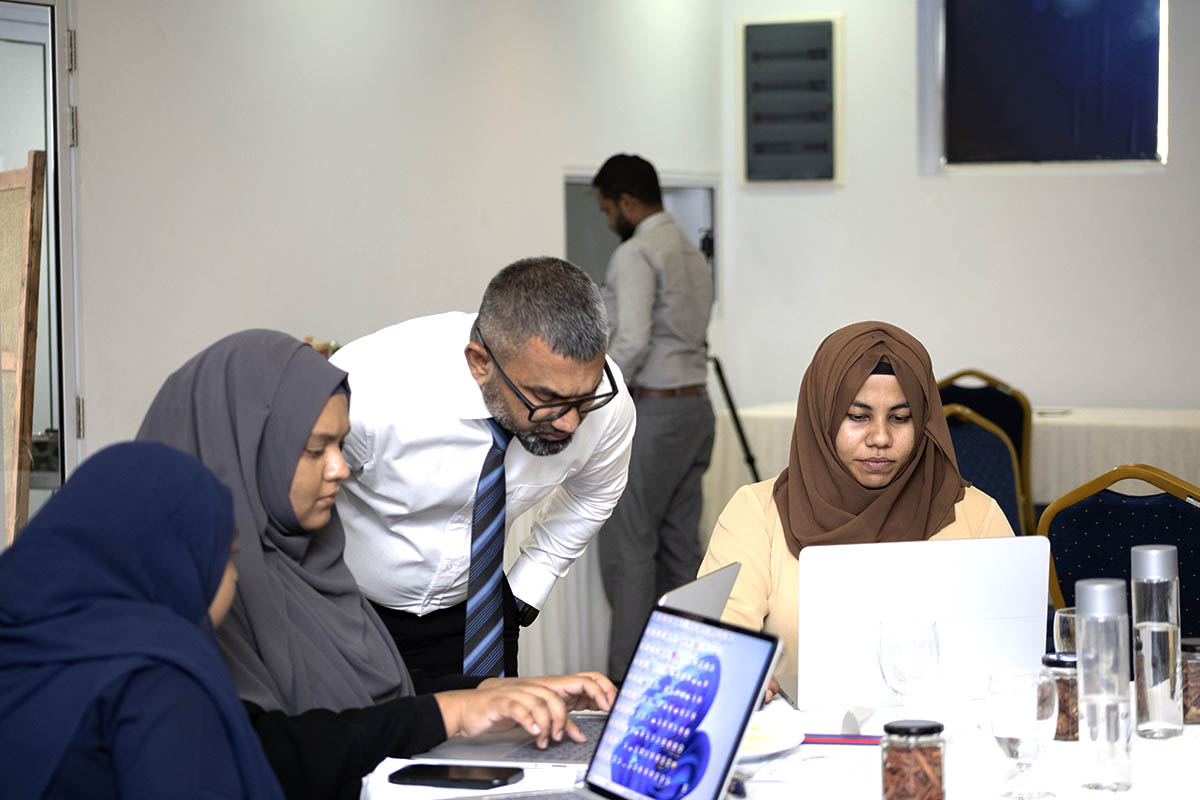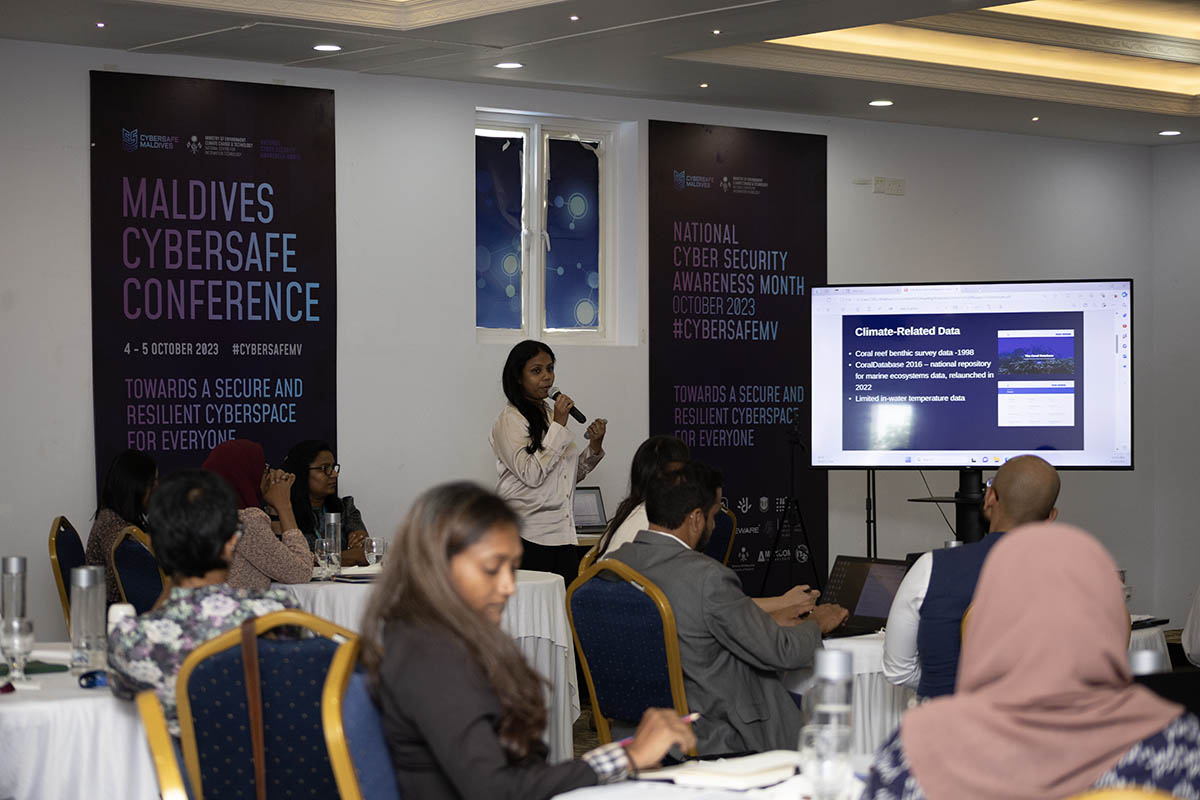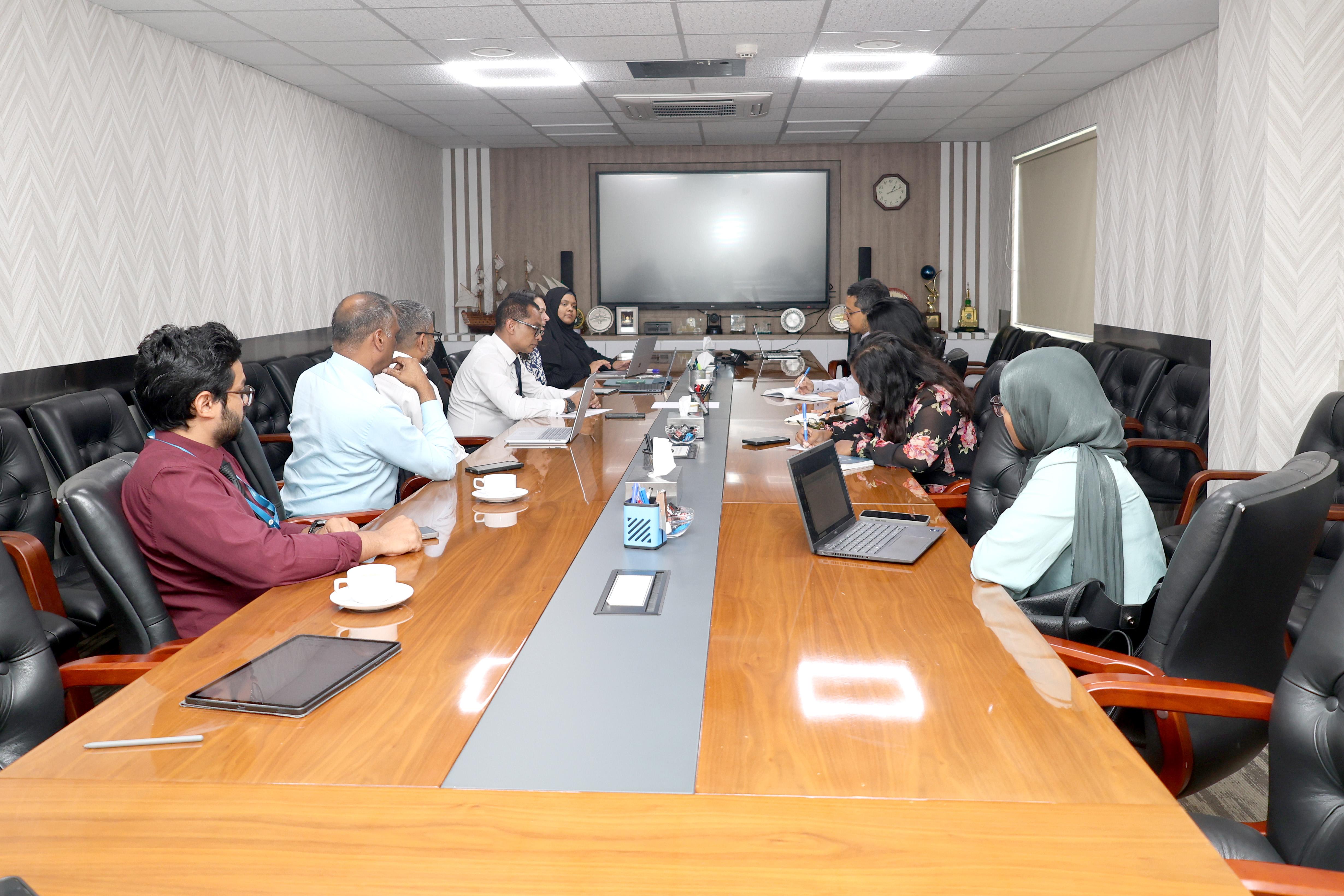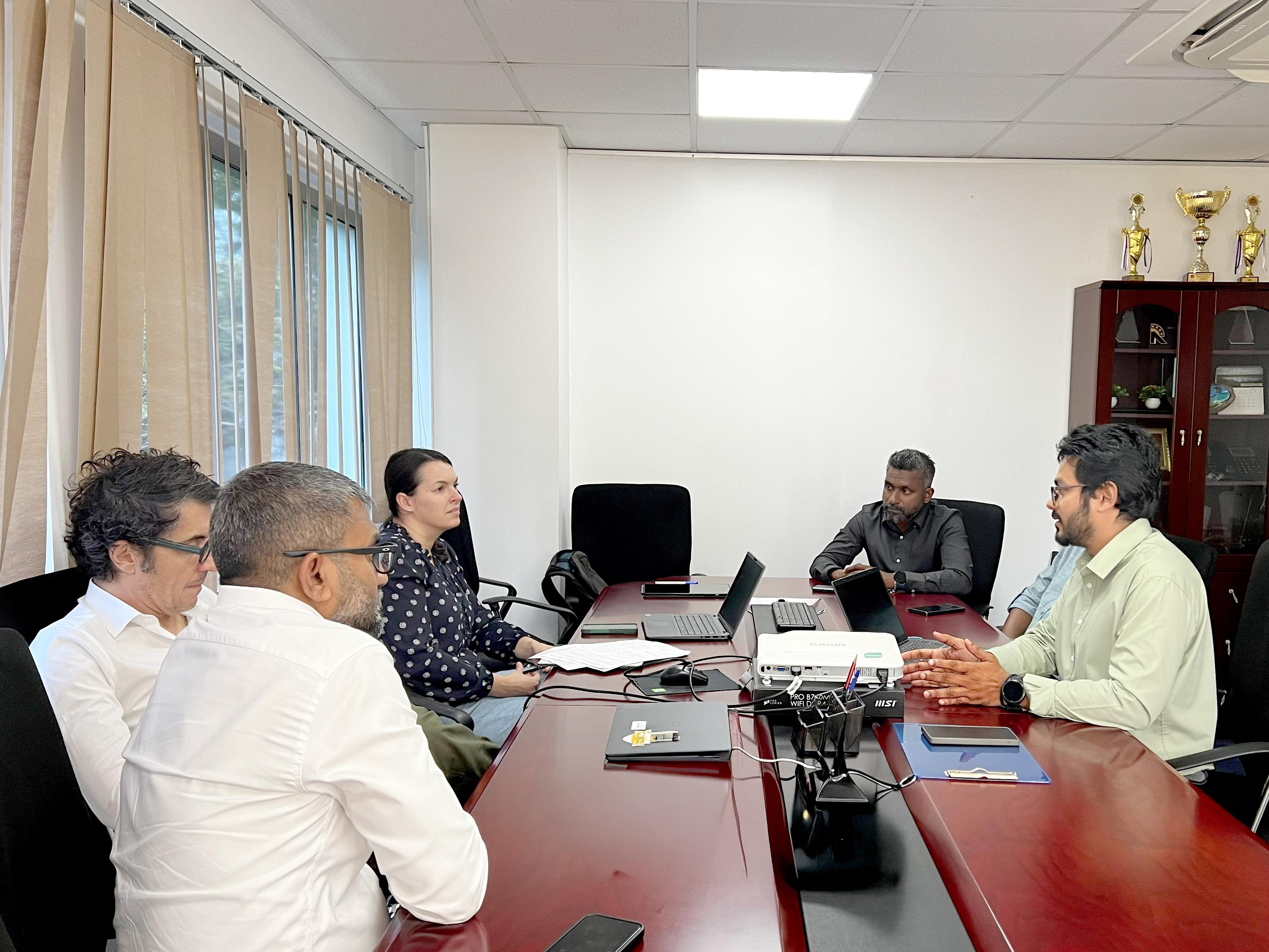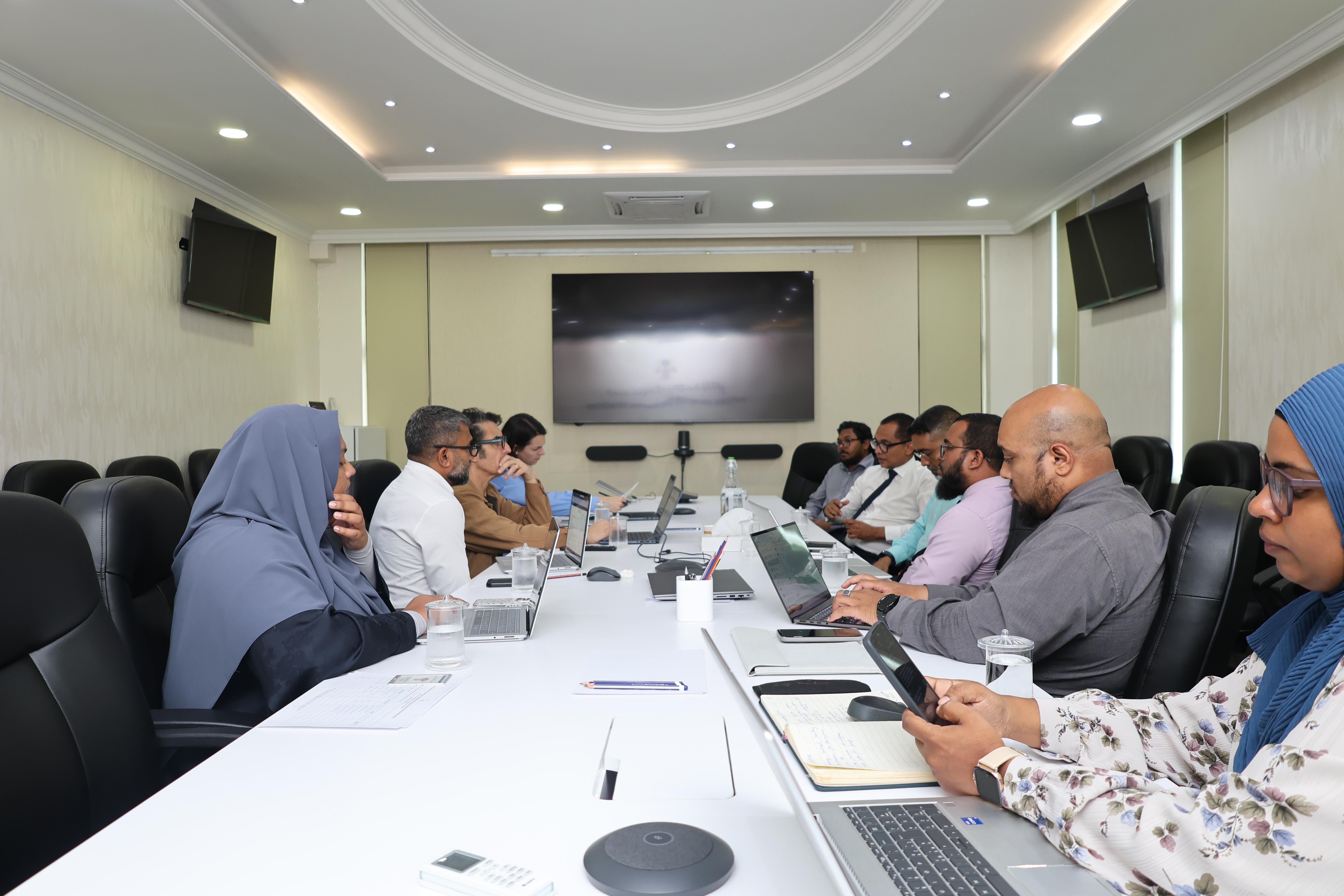News
D’MADD Held a Stakeholder Consultation Workshop on the Development of the Climate Data Platform
16 September 2024
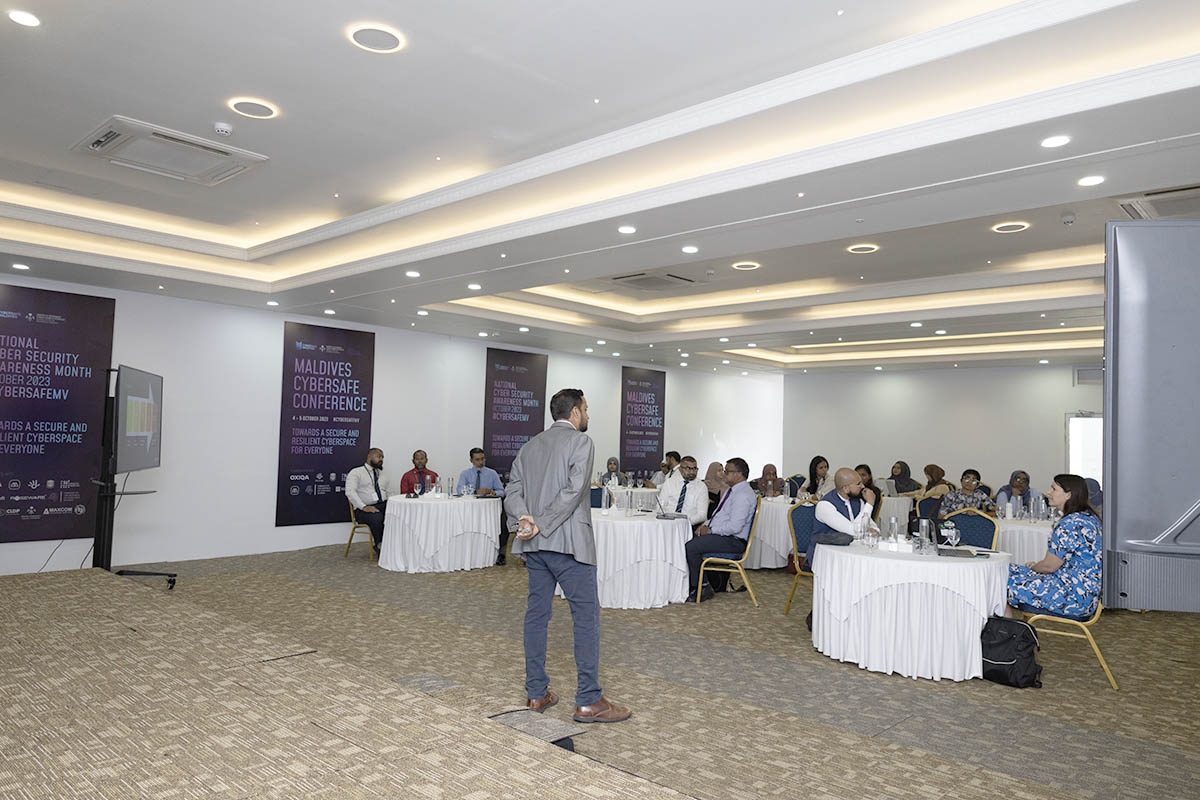
The D’MADD
project conducted its first stakeholder consultation workshop to establish the
Climate Data Sharing Platform. The D’MADD project’s Component 3: “Digital
technologies and data platform for climate resilience”, was designed to help establish
a climate data sharing platform that will integrate data from different systems
in use and to be developed. The platform is envisioned as the primary
dashboard, analyzing data to provide a comprehensive overview of the current
situation and will be used to predict scenarios. The platform will be a valuable
tool for making informed decisions based on accurate and real-time data.
The workshop was
designed to evaluate both technical and non-technical aspects. It aimed to
create a diagnostic tool that asks targeted questions and generates scores,
visualizations, and detailed recommendations.
D4D Insights, a
mission-driven consulting firm dedicated to catalyzing data and technology
innovations to support international development and sustainability efforts
globally, facilitated the workshop.
Dr. Ibrahim
Waheed, the Project Manager for the D’MADD project, delivered an inspiring
keynote, highlighting the profound beauty and immense utility of shared data.
He passionately conveyed how, when data is openly shared, it transforms into a
powerful tool that can drive innovation, foster collaboration, and create
meaningful change. He painted a vivid picture of a future where data is not
just numbers but a catalyst for progress and a beacon of hope for a better
climate-resilient Maldives.
Dr. Mohamed
Kinaanath, the Minister of State for Homeland Security and Technology, warmly
welcomed the participants and emphasized the importance of cooperation for
data-sharing platforms. He highlighted the government’s commitment to
leveraging technology to enhance governance, urging everyone to collaborate and
contribute to this transformative initiative. His message underscored a vision
of a more transparent, efficient, and innovative government driven by the power
of shared data.
Ms. Anna Metz
(Program Officer, Identification for Development (ID4D) Initiative) commenced
the workshop with a brief presentation about the D’MADD project and added on
the importance of data sharing as the Maldives Government has various data
collected in the past. Based on the previous interactions with the stakeholder
organizations, it was a positive note that there is a willingness to share the
data, and the challenges to share the data need to be addressed, such as
institutional, capacity, technical bottlenecks, and clear incentives.
Mr. Aditya
Agrawal and Mr. Shivam Kishore, visiting Consultants from D4D Insights, discussed
foundations for developing shared data platforms for climate action background
and objectives.
Technical personnel from the government, representing the
environment, statistics, health, agriculture, and fisheries sectors,
participated in the workshop. They are the Ministry of
Climate Change, Environment and Energy (Climate Change Department, Environment
Department, Waste Management and Pollution Control, Water and Sanitation
Department), Maldives Meteorological Service, Environmental Protection Agency,
Utility Regulatory Authority, Maldives Marine Research Institute, National
Disaster Management Authority, Maldives Bureau of Statistics, Ministry of
Fisheries and Ocean Resources, Ministry of Agriculture and Animal Welfare,
Health Protection Agency and National Center for Information Technology. These
agencies presented the data collected and needed for their respective work
areas. Agencies also discussed their current data-sharing practices, both
internally and externally, and described the systems, platforms, and processes
used.
The presentations
also addressed the challenges faced in data collection, usage, and sharing,
including issues related to governance, data quality, capacity, technology, and
stakeholder collaboration.
D4D's insights on
using data sharing assessment tools concluded the workshop. For the next few
days, they will have one-on-one meetings with the participating agencies to
understand better their climate data needs, which will be shared with the
D’MADD project to implement the data sharing platform.
